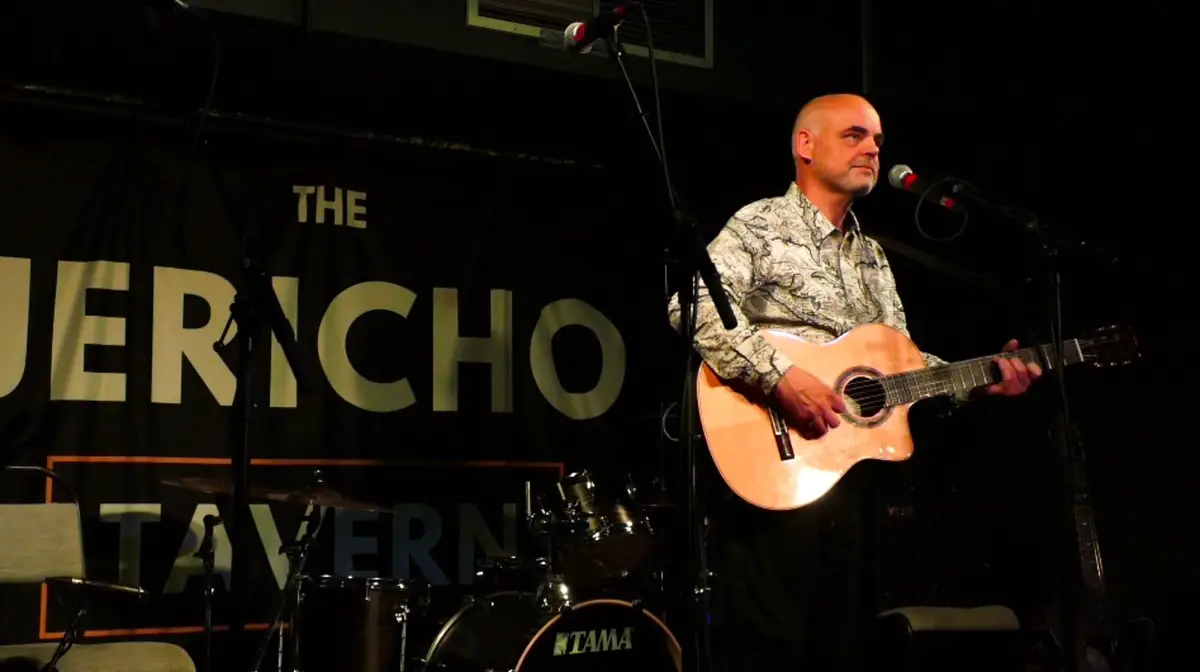If you like reading about philosophy, here’s a free, weekly newsletter with articles just like this one: Send it to me!
Professor Paul Lodge, welcome to Daily Philosophy and thank you for agreeing to this interview! I am very happy and honoured to have you here. To start with, let’s briefly tell our readers what it is that brings you here today. Could you briefly tell us what your project Cantat Ergo Sumus is about?
Thanks very much for inviting me. I started writing and performing songs when I was in high school, with the lyrics written by my younger brother Richard. This continued into our time as undergraduates when we were contemporaries at Oxford. However, after moving to New Jersey in 1992 to study for my PhD at Rutgers University, I found myself without a lyricist. It was at this point that Cantat Ergo Sumus was initially born – though the title came much later.
The idea of philosophy entered my consciousness as a teenager primarily through references that I came across in popular culture. I don’t remember there being a point at which I self-consciously attempted to mimic this approach, but in early 1994 I found myself turning to the idea of taking the words of philosophers themselves and setting them to music. And I had the vague thought that at some point in the future I might to try to do something more public with them. However, only three of the songs that make up Cantat Ergo Sumus come from that time. It wasn’t until 2019, when performing other music on a bill with Oxford band Flights of Helios that it took off again. They liked some of the material they heard and were particularly enthused by the idea of philosophy and music coming together. We decided to collaborate and that point I wrote the rest of the songs. Then, with the help of a grant from The Oxford Centre for Research in the Humanities (TORCH), we started to work on the album that should be released in the next few months.
Even with my broken Latin, I can tell that “Cantat Ergo Sumus” is not the same form that Descartes chose for his “cogito ergo sum.” It’s not “I sing there for I am,” but more something like “it sings therefore we are.” Is that right? And why did you choose this particular form as a name for your project?
I had toyed with Canto Ergo Sum as a straight play on Descartes, and then Cantamus Ergo Sumus (we sing therefore we are) to reflect the collaborative element. But, ultimately, I went for the impersonal ‘cantat’, intending as you say ‘It sings therefore we are’. Here I took the lead from Heidegger and his attempts to capture the way in which our sense of existing in a world with other beings should be …
Read the full article which is published on Daily Philosophy (external link)








